Introduction of South Africa Farming
For farmers across South Africa, from the maize fields of the Free State to the dairy farms of the Western Cape, the high cost of animal feed is a constant pressure on profitability. Relying on commercial feeds can be expensive. An on-farm feed pellet machine offers a powerful way for the farmers in South Africa to control costs. It allows them to use local crops and improve the nutrition they provide to their livestock.
This guide is written for farmers in South Africa. We’ll cover the benefits of these machines. We will look at the types of machines you’ll find, where to look for suppliers, and what to consider before you invest.
Why a Pellet Machine is a Smart Move for South African Farmers
Investing in your own feed pellet machine provides clear, practical advantages for your farm in South Africa.
Take Control of Rising Feed Costs
Making your own feed reduces your reliance on expensive commercial feeds. The prices of these feeds can be affected by fluctuating transport costs and commodity prices. On-farm production gives you more stable costs.
Use Local South African Crops & By-products
You can create high-quality feed using locally available and often more affordable ingredients. This includes common South African crops and by-products like maize (mielies), soybeans, lucerne (alfalfa), and sunflower oil cake.
Improve Nutrition for Your Livestock & Poultry
Pelleting allows you to create a consistent, balanced feed. This means better nutrition for South Africa’s important poultry, cattle (both beef and dairy), sheep, and goat farming sectors. Healthier animals are more productive.
Create a Business Selling Feed Locally
Once you are making enough feed for your own farm, you have an opportunity to sell surplus pellets. You can supply other farmers in your area with high-quality feed. This can create another source of income.
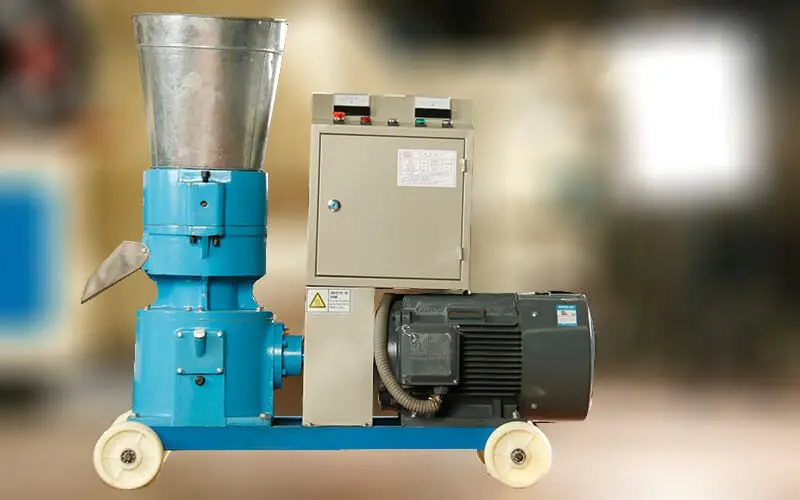
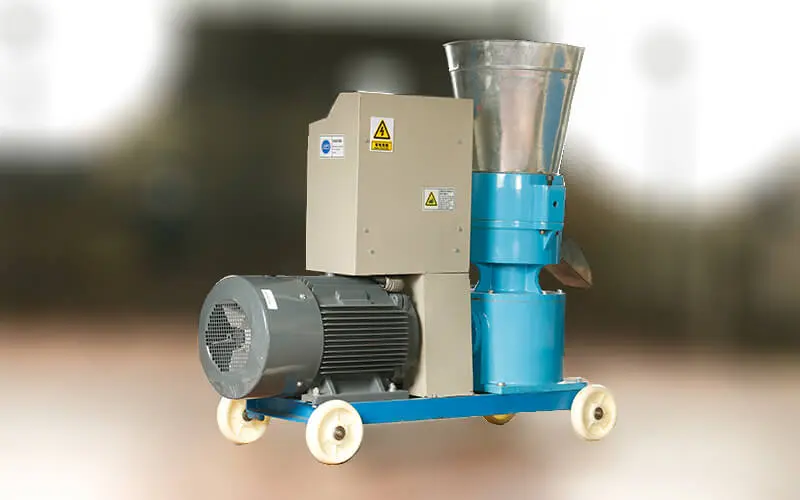
What Feeds Can You Make? For South Africa’s Key Livestock
A feed pellet machine in South Africa is versatile. You can make feed for many different animals common in South Africa:
- Poultry Feed: For South Africa’s large broiler and layer industry.
- Cattle Feed: For both dairy and beef cattle, which are a major part of the agricultural sector.
- Sheep & Goat Feed: This is especially important for the Karoo and other extensive farming regions.
- Lucerne Pellets: Lucerne is a key South African crop. Making it into a high-quality forage pellet is very popular.
- Ostrich Feed: You can also make specialized feed for the ostrich industry, which is a key sector in South Africa.
Types of Machines Best Suited for the South African Context
It is important to choose a feed pellet machine in South Africa that fits the local conditions, especially your power supply.
Electric Flat Die Mills:
Flat die pellet mill is a popular choice for many small to medium-sized farms. They are a good option, especially in areas with a reliable three-phase power supply.
Diesel Engine & PTO-Driven Pellet Mills:
“Given the reality of ‘load shedding’ and the remote nature of many South African farms, a diesel engine or a machine powered by your tractor’s PTO offers crucial reliability. It gives you independence from the national grid.”
Larger Ring Die Mills:
Ring die pellet mill is for serious commercial feed production businesses. They often supply large agricultural enterprises or co-ops (koöperasies).
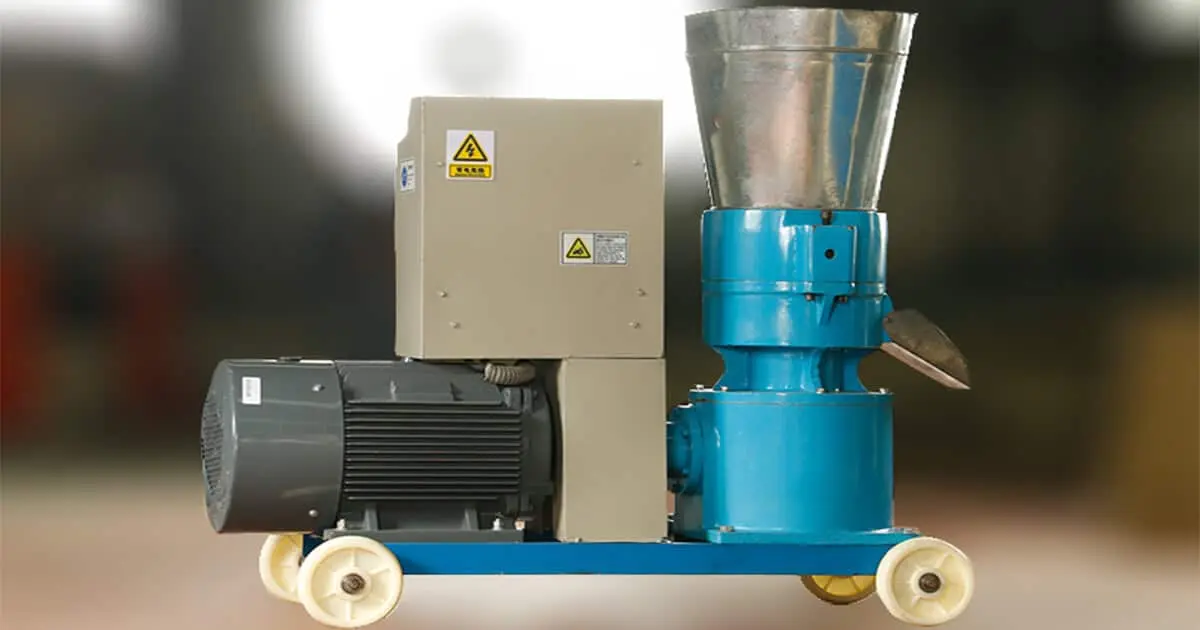
Finding Suppliers in South Africa: Where to Look
Finding a good, reliable supplier of feed pellet machine in South Africa is a key step.
Major Industrial & Commercial Hubs: Gauteng (Johannesburg/Pretoria), Cape Town, and Durban
These areas are the primary centers for machinery importers and dealers in South Africa. Your search should start here.
Check with Agricultural Cooperatives (Koöperasies) & Supply Stores
Local co-ops and well-known farm supply companies are a great source for finding machines and getting practical advice. Some examples are companies like Rovic, Agrico, and Falcon.
Use Online Searches on Local Platforms
You can search for used machines on platforms like Bidorbuy or Gumtree South Africa. You can also search online business directories to find suppliers of new equipment.
Attend Major Agricultural Shows like NAMPO Harvest Day
This specific, major South African farming expo is an excellent place to see a wide range of machinery in person. You can meet with national suppliers and compare different models.
A Practical Checklist for Buying a Machine in South Africa.
Think carefully before you make a purchase feed pellet machine in South Africa. Ask yourself these important questions:
What livestock are you feeding?
This is important because it determines the pellet size, feed type and machine type you will need. if you raise animal or poultry, flat die pellet machine or ring die pellet machine is better, but if you raise aquatic animals, floating fish feed making machine in South Africa is the best for you.
How big is your operation?
This determines the required production capacity of the machine. This is usually measured in kilograms per hour.
What is your power situation?
“This is a key question in South Africa. Is your Eskom supply reliable in your area, or is a diesel or PTO-driven machine a necessary investment to avoid downtime during load shedding?”
Can it handle your main local ingredients?
For example, can it effectively pellet tough, fibrous lucerne or other forages that are common in South Africa?
Look for Robust Build Quality
“South African farming conditions can be tough. Look for a machine that is strongly built with a simple, repairable design.”
Ask about Local Support and Spare Parts
“Before you buy, ask the supplier in Johannesburg a key question: ‘If I need a new die or roller, do you have it in stock here in SA, or does it have to be imported? What is the wait time?'”
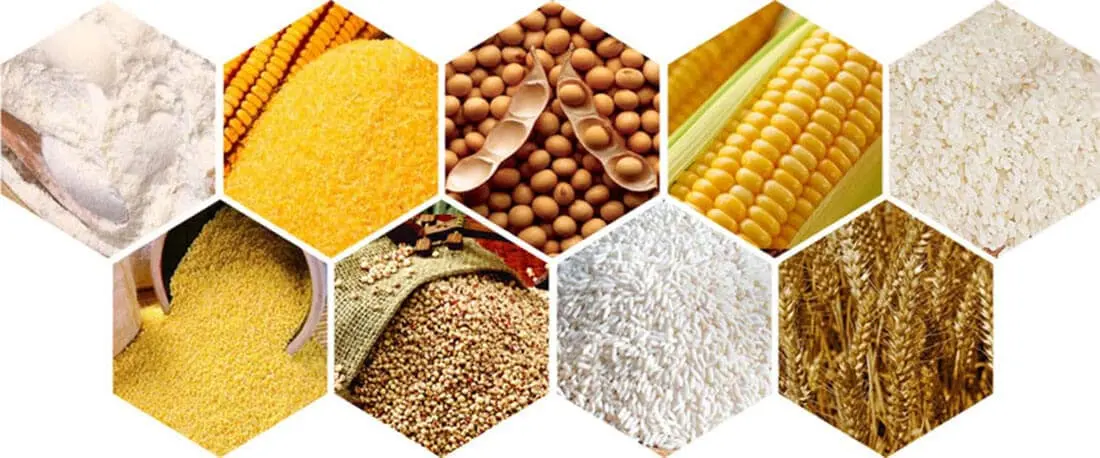
Cost & Financing Considerations in South Africa
Typical Price Range (in South African Rand – ZAR)
The prices for these often-imported machines can change a lot with the exchange rate. To give a very rough idea, a very small, basic model might start from around R15,000 to R25,000. Larger, more robust machines will cost significantly more. It is absolutely necessary to get direct, current quotes from suppliers for the size you need.
Looking for Financing Options
You can inquire about asset financing or agricultural loans from major South African banks like ABSA, FNB, or Standard Bank.
It is also a good idea to look into programs from the Land Bank or the Industrial Development Corporation (IDC). They sometimes support agri-processing and value-adding projects.
Conclusion
For South African farmers, a feed pellet machine in South Africa is a powerful investment. It helps you control costs, improve feed quality, and build a more resilient farm business using local resources. By doing proper research and choosing a system that fits your specific farm conditions, you can take a major step towards greater success in the South African agricultural sector.
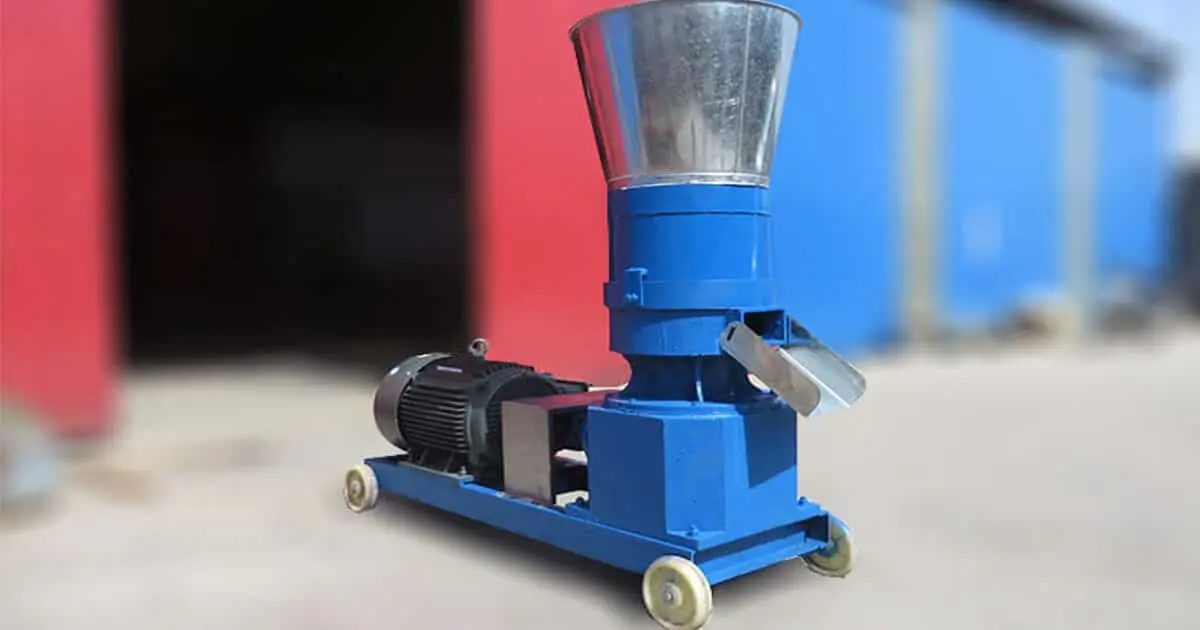
FAQ
What are the most common ingredients for making animal feed in South Africa?
A: Maize (mielies) is a primary energy source in South Africa. For protein, by-products like sunflower oil cake and locally grown soybeans are very common. Lucerne (alfalfa) is also a very important and widely used high-quality ingredient like cattle feed ingredients.
Is a diesel or electric machine better for a farm in South Africa?
A: If you have a reliable three-phase power supply, an electric machine is often cheaper to run day-to-day. However, because of load shedding, a diesel engine or PTO-driven machine provides critical dependability that many South African farmers find necessary to avoid costly interruptions.
Where are the best places to buy these machines in South Africa?
A: You should start by looking for established agricultural equipment dealers in the major industrial areas of South Africa. These are especially in Gauteng, the Western Cape, and KwaZulu-Natal. Reputable farm supply companies are also a good source.
Can I make lucerne (alfalfa) pellets with a standard machine?
A: Yes, but pelleting high-fiber forages like lucerne can be more demanding on a machine than pelleting grains. It is important to use a robust machine and have the correct die setup. The moisture content of the lucerne before pelleting is also very critical for success.
Are machines made in South Africa available?
A: While many feed pellet machines are imported, there are some excellent local manufacturers and fabricators of agricultural equipment in South Africa. It is definitely worth comparing both imported and locally made options for build quality, price, and, most importantly, local support and parts availability.

